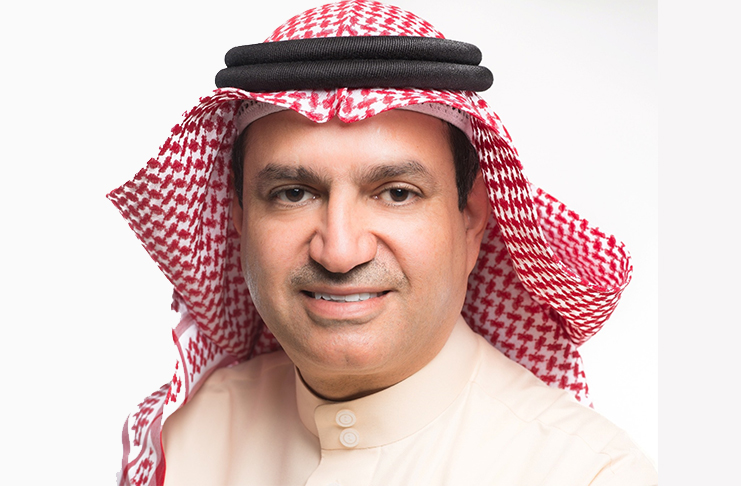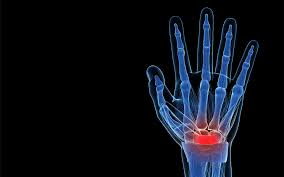For students interested in pursuing a career in medicine, their performance in high school can have a significant impact on their future. But it is not only academic results that determine if a student could become a great doctor, the experiences they have, and attributes they exhibit, are also key. These factors are viewed in combination to consider how an individual might contribute value not only as a medical student but also as a future physician.
There are things high school pupils can do to set themselves up for success in medical school and beyond. St. George’s University (SGU), School of Medicine in Grenada, the Caribbean shares some of these steps to help students build their profile for a future in medicine.
- Lay the foundation for academic success.
It’s important to maintain strong results if they hope to get accepted into medical school. But achieving high grades shouldn’t be their only focus.
For students interested in pursuing a career in medicine, the high school subjects they choose to study can have a significant impact on their future. In order to become a doctor, students must have a strong foundation in several key subjects, including Biology, Chemistry, Math, Physics, and English. Understanding the relevance of these subjects to medicine, as well as how they will be expanded upon in medical school, can help students make informed decisions when choosing what educational streams or subjects to focus on.
- Volunteer at a local hospital or healthcare facility.
Amassing volunteer hours in a healthcare setting doesn’t just look good on medical school applications. It can give applicants an opportunity to learn what’s required to care for others, no matter how simple the duties may be.
This type of exposure can be critical in helping students solidify their choice to pursue a career in medicine. Doctors will be the first to share that the duties of their jobs can be physically, mentally, and emotionally taxing. But, for many, the opportunity to make a difference in the lives of others is more than enough motivation for them to overcome the challenges they encounter on the job.
- Connect with practicing doctors.
Students can get exposure to what it’s like working in a healthcare environment by shadowing a doctor, and they’ll also gain valuable insight into clinical care by observing the doctor-patient relationship first-hand. When shadowing a doctor, students get to observe the practitioner as they perform their clinical duties, giving a clear picture of what day-to-day practice may be like.
Many of our 20,000 alumni* at SGU volunteer in a program called ‘Speak to a Graduate’, which connects prospective students to SGU graduates over the phone, via video call, or email. These connections provide a great chance for aspiring medics to engage directly with healthcare professionals.
- Participate in community events.
Doctors dedicate their careers to preserving the health and wellness of their communities. In doing so, they interact regularly with patients from all walks of life.
Lending a hand at local community events like blood drives or health fairs is always a good idea. Once again, this kind of proactive participation is something admissions committees love to see on an application. This would be an opportunity for students to gain some valuable experience in patient education, cultural competence in healthcare, and more.
- Prepare for an English language test.
The ability to use English competently is critical for the study and practice of medicine in an international setting. As written by the Institute for Healthcare Communication, “extensive research has shown that no matter how knowledgeable a clinician might be, if he or she is not able to open good communication with the patient, he or she may be of no help”. When a student applies to an international medical school, with the view to practice medicine in an English-speaking country, they should be able to demonstrate their proficiency in English. This is commonly done by passing a language test, such as the International English Language Testing System (IELTS).
Not every physician sets their sights on medical practice early in life. But those who do should take advantage and begin their preparation early. The more proactive aspiring medical students are, the better their start can be on their journey to becoming a doctor.
*Based on the number of students who have completed the Doctor of Medicine program from 1981-2022.



